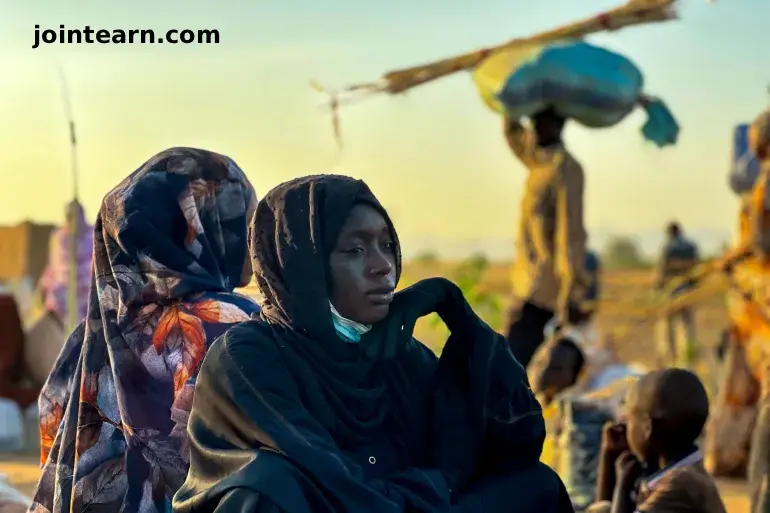
Thousands of civilians remain trapped in el-Fasher, Sudan, after the city fell to the Rapid Support Forces (RSF) on October 26, 2025. Survivors describe systematic killings, ethnic targeting, and terror, leaving the beleaguered population hiding or fleeing for their lives.
One survivor, Abubakr Ahmed, recounted his harrowing escape after fighting for 550 days as part of a local popular resistance group defending el-Fasher. Ahmed, 29, narrowly survived after being wounded by shrapnel during a rocket attack, witnessing the RSF execute civilians without mercy.
“The RSF killed civilians and left their corpses in the streets. They were killed without mercy,” Ahmed told Al Jazeera.
Mass Exodus and Civilian Casualties
The Sudanese Armed Forces (SAF) withdrew in hopes of preventing further bloodshed, but their retreat left 250,000 civilians exposed. Within the first three days of RSF control, at least 1,500 people were killed, including 460 patients and companions at al-Saud hospital, according to Sudan’s Doctors’ Network and the World Health Organization.
Videos verified by Al Jazeera show RSF fighters standing over corpses and executing unarmed men, illustrating the scale of the violence. Over 33,000 civilians have already fled, seeking refuge in towns like Tawila and Tine, roughly 60 km (37 miles) from el-Fasher.
Targeting of Non-Arab Populations
Many survivors belong to sedentary non-Arab tribes, historically persecuted by the nomadic Arab-majority RSF. One refugee, Mohammed, explained:
“The majority of people won’t stay in el-Fasher because they are terrified of the RSF. They don’t trust them, knowing they will be persecuted.”
Analysts and humanitarian experts warn that the RSF killings resemble ethnic cleansing, with deliberate targeting of non-Arab populations.
Humanitarian Crisis
Relief efforts have been severely hampered. UNICEF representative Sheldon Yett described el-Fasher as “killing fields”, drawing parallels to Rwanda’s genocide. Many local relief workers, critical to food and medical distribution, are now in hiding due to RSF threats.
“The situation of our national partners remains very precarious… many are on the move and hiding, afraid for their lives,” said Yett.
Civilians are forced to undertake exhausting treks through the desert with little food or water, while thousands remain trapped in RSF-occupied areas.
International Response and Criticism
The UN, United States, and European Union condemned the violence and called on the RSF to protect civilians. Yet experts argue that the international community failed to prevent atrocities, leaving the RSF emboldened to commit further mass killings.
“Diplomats focused on elusive ceasefires, putting aside measures to protect civilians. As a result, nobody is held accountable for these atrocities,” said Human Rights Watch researcher Jean-Baptiste Gallopin.
RSF leader Mohamad Hamdan “Hemedti” Dagalo promised to investigate reports of abuses, but evidence indicates a pattern of impunity, as seen in other West Darfur towns like el-Geniena and Aradamata.
Ongoing Crisis
With el-Fasher under RSF control, civilians remain in imminent danger, many hiding or fleeing in desperation. Humanitarian organizations warn that the death toll is likely undercounted, and that the siege continues to worsen starvation, displacement, and fear across Darfur.
The situation remains fluid, with tens of thousands more expected to flee in the coming days, highlighting an urgent need for international intervention and humanitarian aid.


Leave a Reply